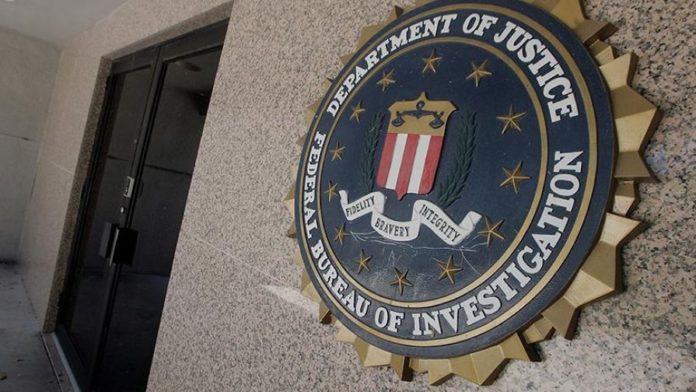The Navajo language is one of the most widely spoken Native American languages north of the Mexico-United States border. Even though there are almost 170,000 Americans speaking Navajo, it is still considered an endangered language. There is currently an extensive education program within the Navajo Nation that has helped keep the language thriving.
During WWII, the Navajo language was used to encode, transmit, and decode messages. This language was ideal for use as a code that the enemy couldn’t crack. The Navajo Code Talkers were selected by the Marines and participated in every major Marine operation on the Pacific front and helped to transmit countless messages. At the end of the war, the Navajo Code remained unbroken.
The Navajo language has remained mostly within the tribe and community since then. Although the FBI has worked with the Navajo Police Department for years, a push to communicate with tribal members in their native language came again as the Department of Justice launched the Missing and Murdered Indigenous Persons Initiative(MMIP) in 2019. This initiative came as a response to a disproportionately large number of missing-person and murder cases on tribal land.
Attorney General William Barr stated, “American Indian and Alaska Native people suffer from unacceptable and disproportionately high levels of violence, which can have lasting impacts on families and communities.” He concluded, “Too many of these families have experienced the loss of loved ones who went missing or were murdered. This important initiative will further strengthen the federal, state, and tribal law enforcement response to these continuing problems.”
“Once that happened, it was a game-changer,” said Melinda Nakai. “Now we can receive products from all over the FBI and translate them.”
Nakai is a native and fluent Navajo speaker who grew up on a reservation in Arizona. When she learned about the efforts to include Navajo in the FBI’s language translation, she knew she had to help.
Nakai, who grew up speaking Navajo and English at home, said, “I feel like it’s a social responsibility, I immediately thought, ‘I need to do this.’ And I went back to my early years when my father said, ‘You need to speak your language.’ And this was one of those times when I needed to do this.”
So far, there have been no additional leads in the Chiquito case. However, everyone involved agrees that this initiative has helped the community to gain trust that the FBI is doing everything they can to solve the case.
“This was a well-loved member of the community who was beaten to death,” Fisher said. “Anybody who has responded to these homicides will tell you that these victims deserve justice,” Fisher said. “Their relatives deserve justice.”














